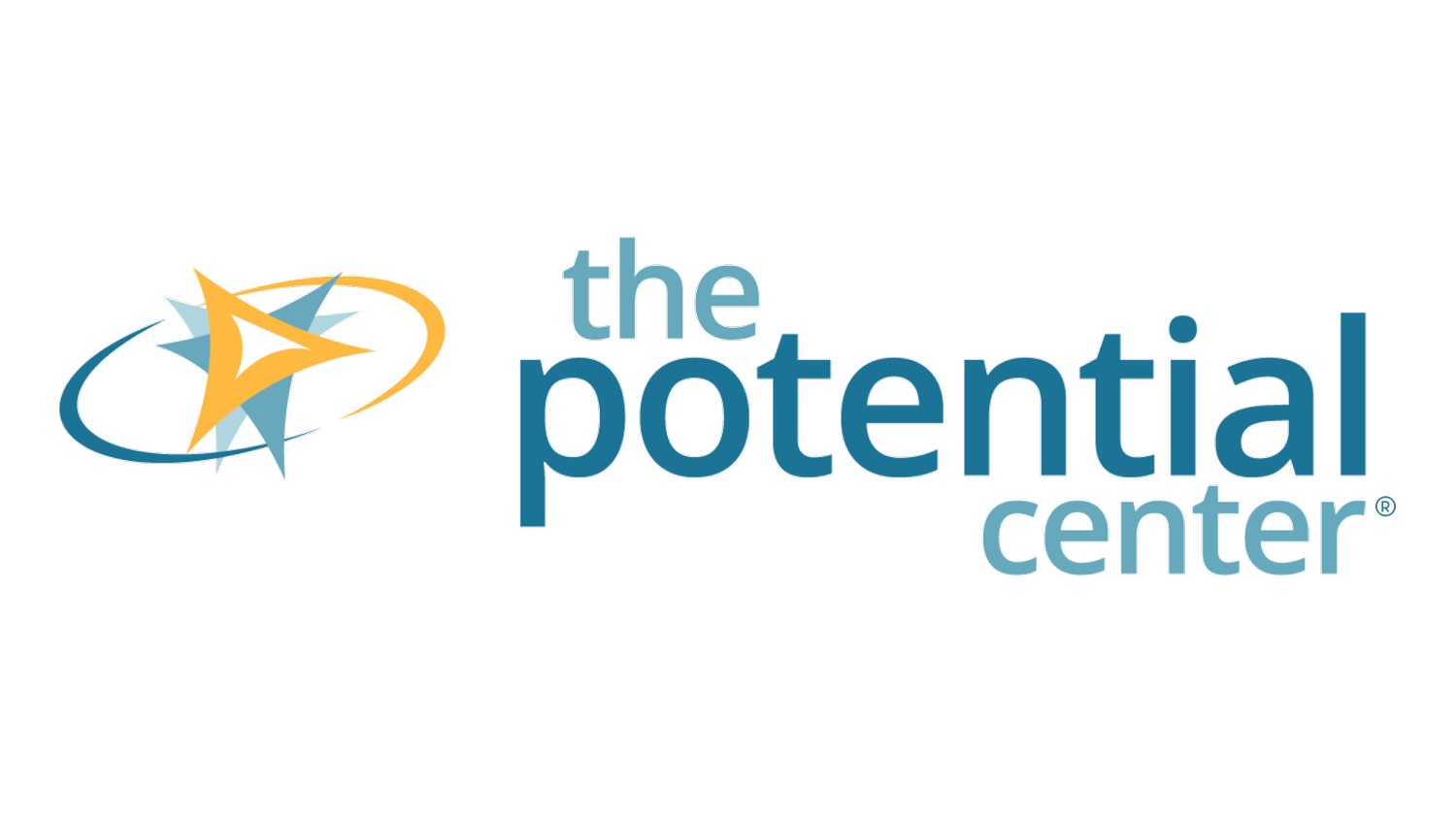No more leadership by delegation. Facilitation is in.
Does mama duck delegate or facilitate?
Part 3 in this series on brainstorming, creative thinking, and useful tips!
No more leadership by delegation. Facilitation is in.
What does facilitation have to do with brainstorming? The answer is that brainstorming sessions need to be facilitated properly in order to get the best out of the session. Otherwise great ideas can get lost in the wind.
To get this expertise in facilitation, the leadership model needs to shift away from 'Leader as Delegator' to 'Leader as Facilitator'.
The world is moving faster, and so is the speed of doing business. You know what I’m talking about. Which is why the nature of leadership must shift.
From delegation to facilitation.
It’s time for leaders to shift their mindset from delegation, to that of facilitation.
Why? Delegating implies two things. One, there’s no doubt that someone is in charge, and that all decisions require their input and approval. Secondly, there’s the implication that the group being delegated to are incapable of making their own decisions. The result is that this model of leadership is not motivating.
Facilitation is the leadership model that best suits a fast-moving business environment.
Facilitation is about welcoming all voices to the table, and implementing DEIB principles, in order to tease out the best possible solution.
Being a facilitator is like being a teacher. Ultimately that’s the role of every supervisor, manager, commander, board chair, and senior leader.
At the end of the day, being a manager is about making the best use of staff talent – why squander what you searched for in the recruitment process?
These are some ways the need for a Facilitative Leadership style might reveal itself:
You’re still responding to the changing nature of management in a fluid work environment. Working in an office is no longer a given. Getting people together virtually or hybridly is a challenge, and not as effective as meeting in person. Leaders now need to facilitate virtual or hybrid meetings, and productive brainstorming sessions in different environments.
The pace of… everything!... is faster. You can’t manage this alone. Creatively solving problems as a team provides better solutions at this pace, so tap into your existing pool and widen that pool when necessary. Six heads are better than one.
The currency that younger workers use is: being recognized for their contributions. If they don’t get that recognition, they will either quietly quit or seek employment elsewhere. Creative problem-solving gives a voice to everyone, and appreciating each other’s engagement is built into the DNA of this process (see our Light Bulb Thinking™ framework for creative problem-solving, as an example of this).
And finally, ideas. You need better ideas, but you’re not getting them. In fact, your team looks burnt out, and you’re struggling to keep them motivated. As well as giving a voice to everyone, creative problem-solving is the most efficient and repeatable way to… um… solve problems. And that’s highly motivating.
“Be open to hearing new ideas, even if they feel uncomfortable. Keeping an open mind is one of the surest ways to end up with a WOW! solution. ”
A facilitation mindset
A mindset of facilitation is the next logical step in the “servant leader” model. Facilitation is a place where:
Staff are supported as they continue learning.
There is trust that staff will make the right decision and, if not, that everyone learns a lesson from each incorrect decision.
The leader introduces frameworks and techniques that the team can use on their own, such as Light Bulb Thinking™ and specific brainstorming activities.
What are you doing on November 15th?
There are several ways I help leaders like you (especially those in the sustainability and nonprofit sectors). Find out what they are here. A great way to start is with our free masterclass on Nov 15th!
See you soon!
Ellia
I believe that, with the right support anyone can learn creative ways to solve problems. If you’d like to see what tapping into creative potential could look like at your place of work, contact me at Ellia@ThePotentialCenter.com to arrange a call.


